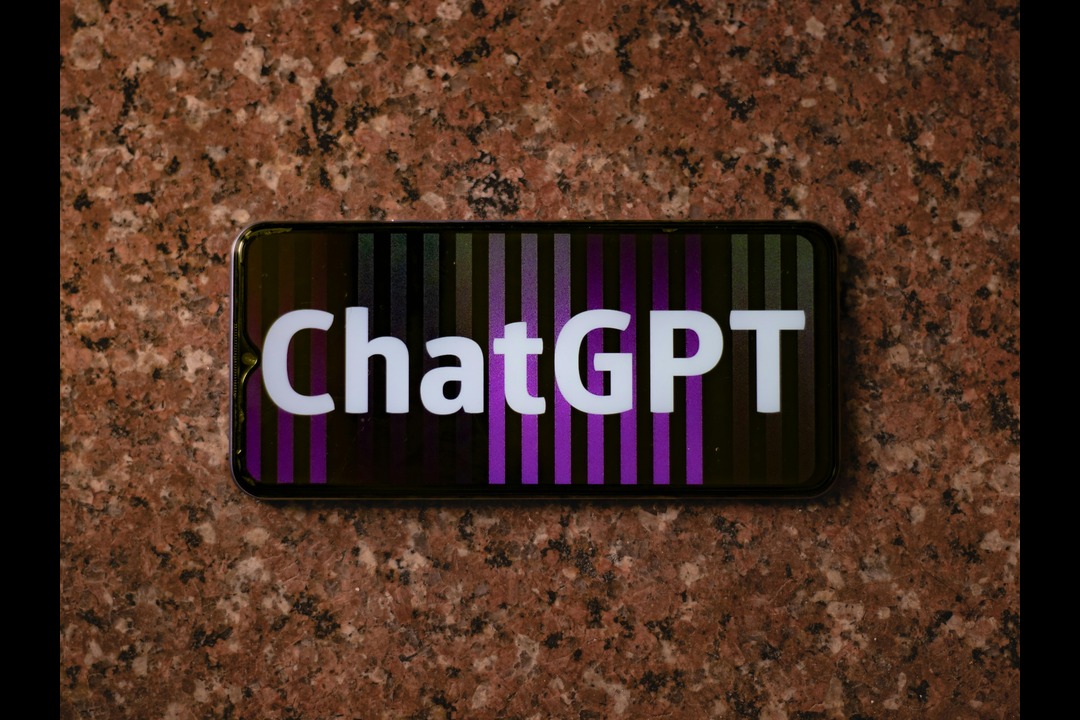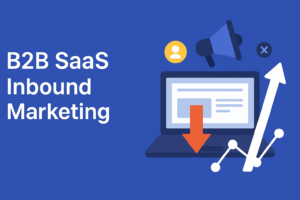For SEO professionals, managing daily tasks efficiently is key to staying ahead in the competitive digital marketplace. From identifying the right keywords to crafting compelling content, the workload can be substantial. Enter ChatGPT, a game-changer in the realm of SEO. This tool can significantly reduce the time and effort required for various SEO tasks, enabling you to focus on strategy and creativity. In this blog, we will explore how ChatGPT can help you streamline your SEO processes, offering practical tips and examples on how to use it effectively.
Understanding SEO and Its Challenges
SEO involves optimizing your website to rank higher on search engine results pages (SERPs). The goal is to increase organic traffic and improve visibility. This process includes a range of activities such as:
- Keyword Research: Finding relevant keywords that potential customers use to search for products or services.
- Content Creation: Producing high-quality, engaging content that incorporates these keywords.
- On-Page SEO: Optimizing individual web pages to rank higher and earn more relevant traffic.
- Technical SEO: Ensuring the website meets the technical requirements of search engines.
- Link Building: Acquiring backlinks from other websites to improve site authority.
- Competitor Analysis: Understanding what competitors are doing to rank well.
These tasks can be time-consuming and require a significant amount of effort. This is where ChatGPT comes in, offering a way to simplify and enhance your SEO efforts.
How ChatGPT Can Help with SEO
Keyword Research
Keyword research is the foundation of any SEO strategy. ChatGPT can assist in generating a comprehensive list of keywords based on a primary keyword or topic. Here’s how:

- Generating Keywords: Simply input your main keyword into ChatGPT, and it will generate a list of related keywords and phrases. For example, if your main keyword is “healthy recipes,” ChatGPT might suggest “easy healthy recipes,” “quick healthy meals,” and “healthy dinner ideas.”
- Finding Long-Tail Keywords: Long-tail keywords are more specific and less competitive. ChatGPT can help identify these by expanding on your primary keywords. For example, “How to cook healthy meals for Beginners” or “healthy recipes for weight loss.”
Content Creation
Creating engaging and informative content is crucial for SEO. ChatGPT can assist in various stages of content creation:
- Topic Generation: Struggling with writer’s block? Input a general topic into ChatGPT, and it will provide you with several blog post ideas. For example, for the topic “digital marketing,” it might suggest “Top Digital Marketing Trends in 2024” or “How to Create a Digital Marketing Strategy.”
- Content Outlining: Once you have a topic, ChatGPT can help outline your content. Provide it with your topic, and it will suggest headings and subheadings. For instance, for a post on “SEO Best Practices,” might outline sections such as “Keyword Research,” “On-Page SEO,” “Technical SEO,” and “Link Building.”
- Writing Content: ChatGPT can generate entire sections of content based on your outline. While you should always edit and personalize the text, it provides a solid starting point. For example, you can input a heading like “Benefits of On-Page SEO,” and ChatGPT will produce a detailed paragraph.
On-Page SEO
Optimizing individual web pages is essential for ranking. ChatGPT can assist with several on-page SEO tasks:
- Meta Descriptions and Title Tags: Input the main idea of your page, and ChatGPT can generate multiple meta descriptions and title tags for you to choose from. For example, a blog post about “Travel Tips for Europe,” might generate a title like “Top 10 Travel Tips for an Unforgettable European Adventure” and a meta description such as “Discover essential travel tips to make your European vacation smooth and enjoyable. From packing hacks to cultural etiquette, we’ve got you covered.”
- Header Tags: ChatGPT can suggest optimized header tags (H1, H2, H3, etc.) based on your content outline. For instance, for a section on “Technical SEO,” it might recommend subheadings like “Importance of Site Speed,” “Mobile-Friendliness,” and “XML Sitemaps.”
Technical SEO
While ChatGPT is not a substitute for technical SEO tools, it can help you understand and address some technical aspects:
- Site Audits: If you need to understand what aspects of your site require improvement, ChatGPT can explain common issues like slow loading times, broken links, or lack of mobile optimization, and suggest basic fixes.
- Structured Data: ChatGPT can provide examples of structured data markup. For example, if you’re looking to implement FAQ schema, it can generate the JSON-LD code for you.
Link Building
Building a strong backlink profile is critical for SEO. ChatGPT can assist with several tasks in this area:
- Outreach Emails: Crafting the perfect outreach email can be challenging. ChatGPT can help draft personalized and persuasive outreach emails. For example, input a brief about your content, and it will generate an email template for you to use.
- Guest Post Ideas: If you’re looking to write guest posts, ChatGPT can suggest topics based on the target blog’s audience. For example, if you aim to write for a tech blog, it might suggest topics like “The Future of AI in Everyday Life” or “Top 5 Emerging Technologies in 2024.”
Competitor Analysis
Understanding what your competitors are doing can provide valuable insights. ChatGPT can help with:
- Competitor Content Analysis: Input a competitor’s URL, and ChatGPT can summarize its content strategy, pointing out strengths and weaknesses. For example, it might highlight that a competitor’s blog focuses heavily on listicles and how-to guides, suggesting you could compete with more in-depth case studies or expert interviews.
- Keyword Gap Analysis: By analyzing the keywords your competitors rank for, ChatGPT can help identify opportunities. For example, if your competitor ranks for “best budget laptops,” ChatGPT might suggest targeting “best budget laptops for students” or “best budget laptops for graphic design.”
Practical Tips for Using ChatGPT in SEO
To maximize the benefits of ChatGPT for your SEO tasks, follow these practical tips:
- Use Specific Prompts: The more specific your prompts, the better the output. Instead of asking ChatGPT for “SEO tips,” ask for “SEO tips for improving mobile page speed.”
- Edit and Personalize: While ChatGPT can generate high-quality content, always review and personalize the output to match your brand’s voice and style.
- Combine with Other Tools: Use ChatGPT in conjunction with other SEO tools. For instance, use Ahrefs or SEMrush for in-depth keyword data and then ChatGPT to generate content ideas based on that data.
- Stay Updated: SEO is constantly evolving. Make sure to stay updated with the latest SEO trends and algorithm changes, and use ChatGPT to quickly adapt your strategies.
Conclusion
ChatGPT is a powerful tool that can significantly simplify your daily SEO tasks. From keyword research and content creation to on-page optimization and link building, ChatGPT can help streamline your processes and enhance your productivity. By leveraging ChatGPT effectively, you can focus more on strategic planning and creative tasks, ultimately improving your SEO outcomes and driving more organic traffic to your website.

vetrivel is an accomplished SEO and digital marketing expert with 5 plus years of experience. dedicated to providing readers with informative and engaging content.





